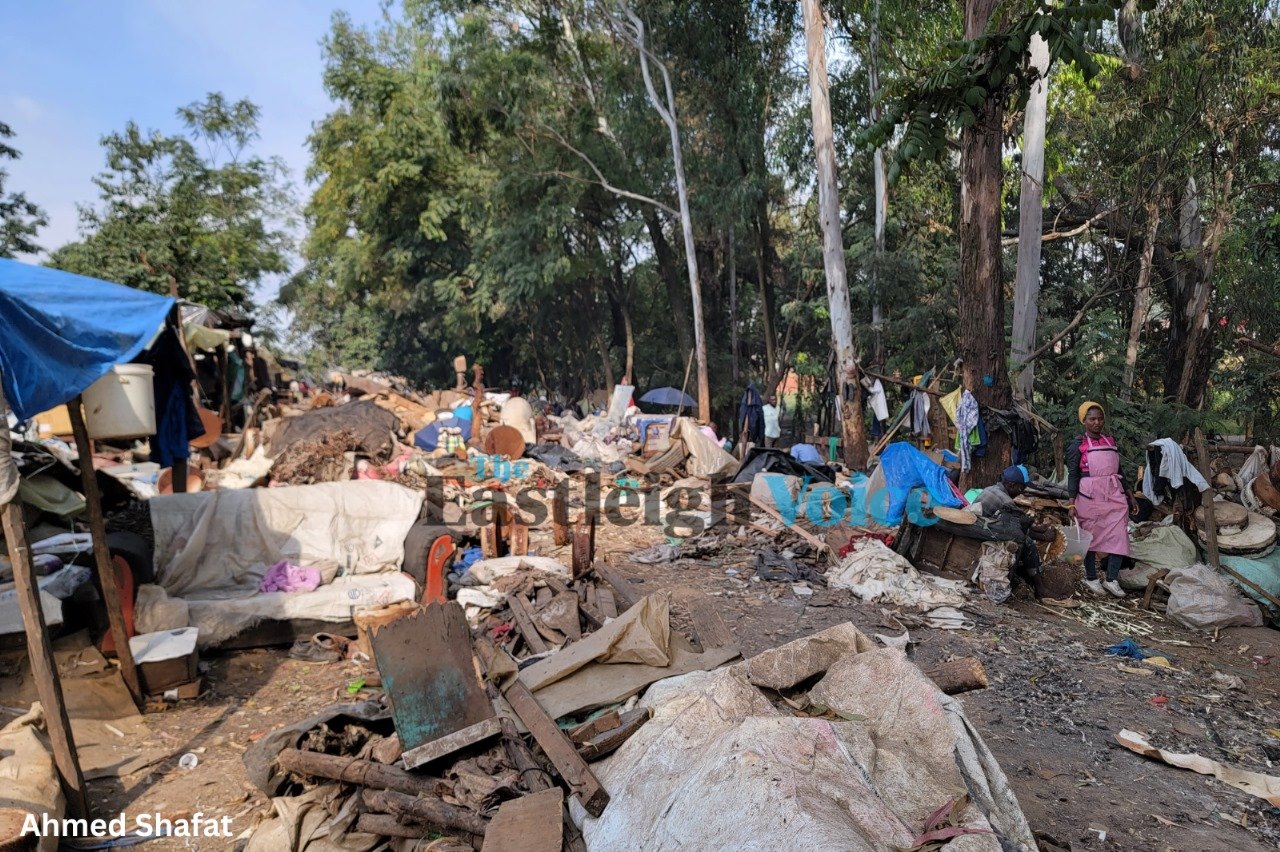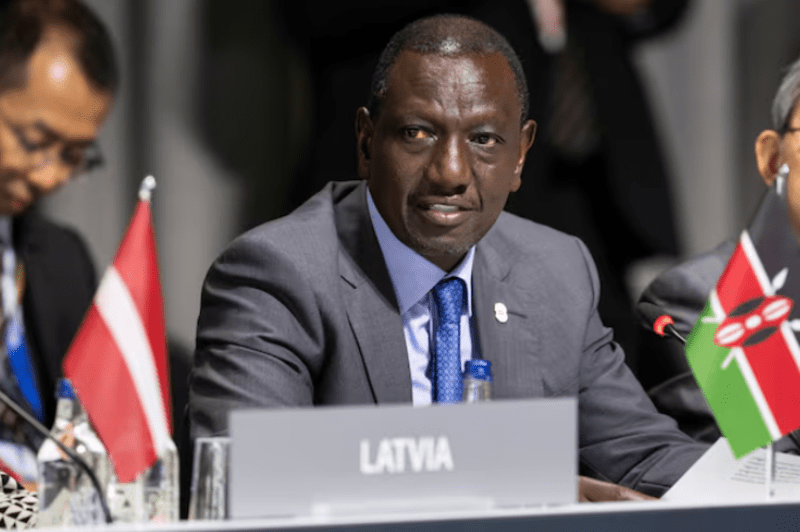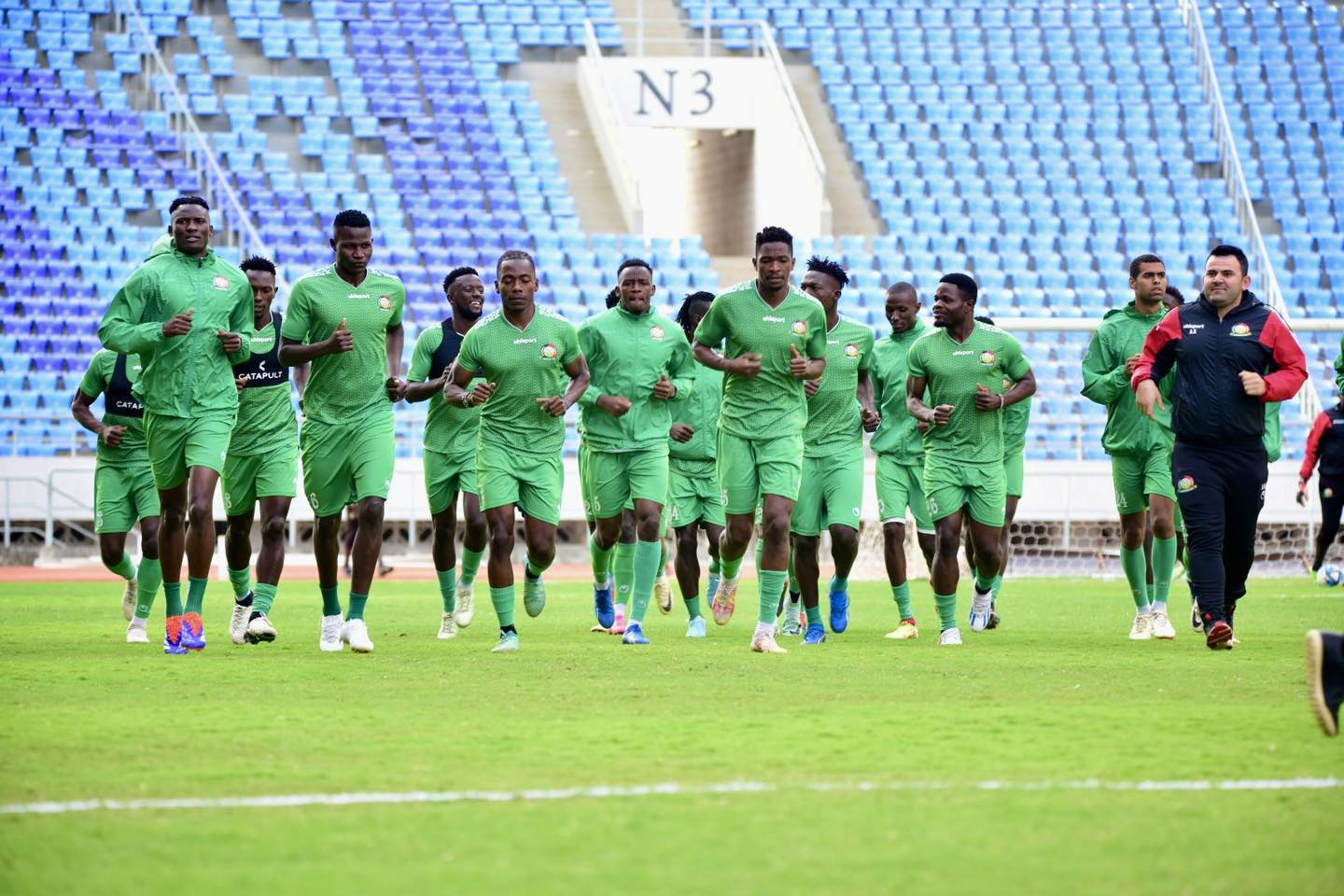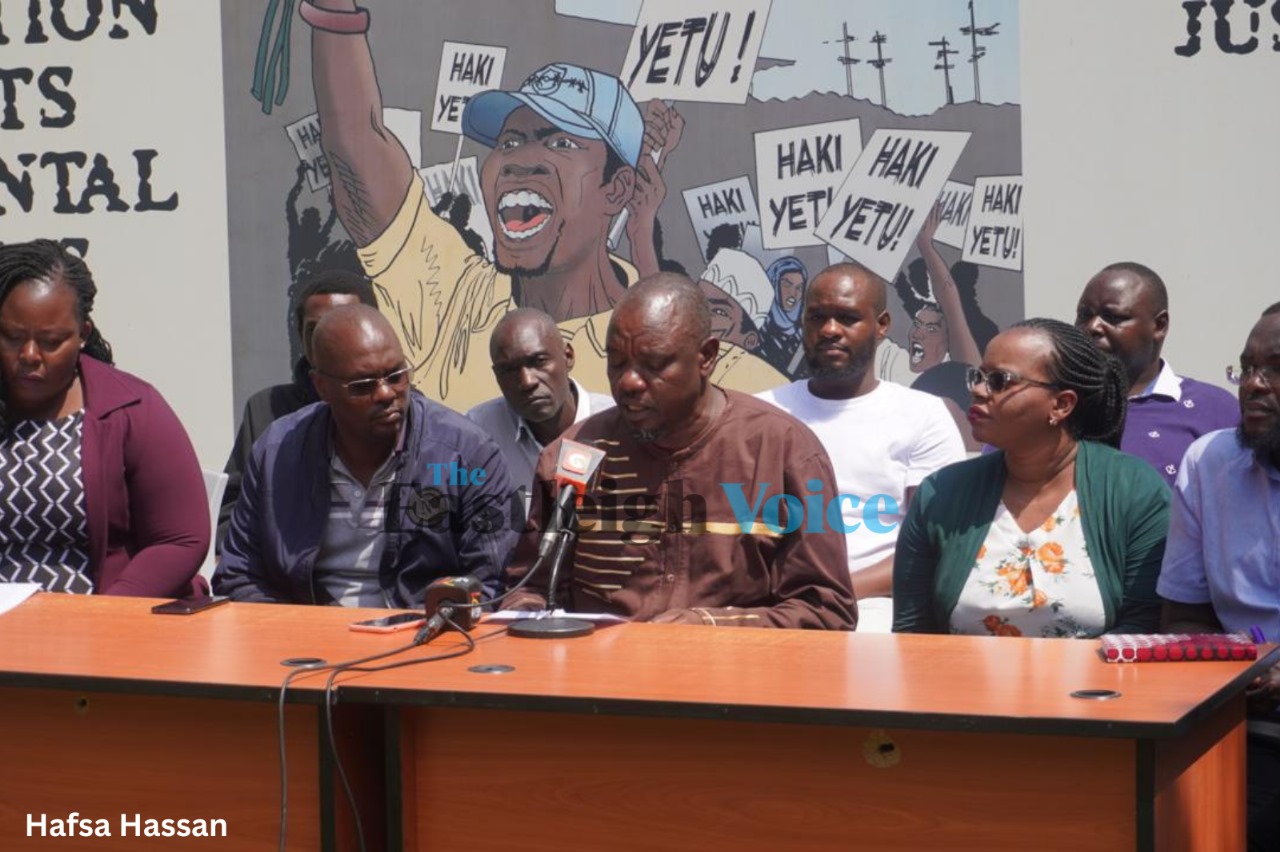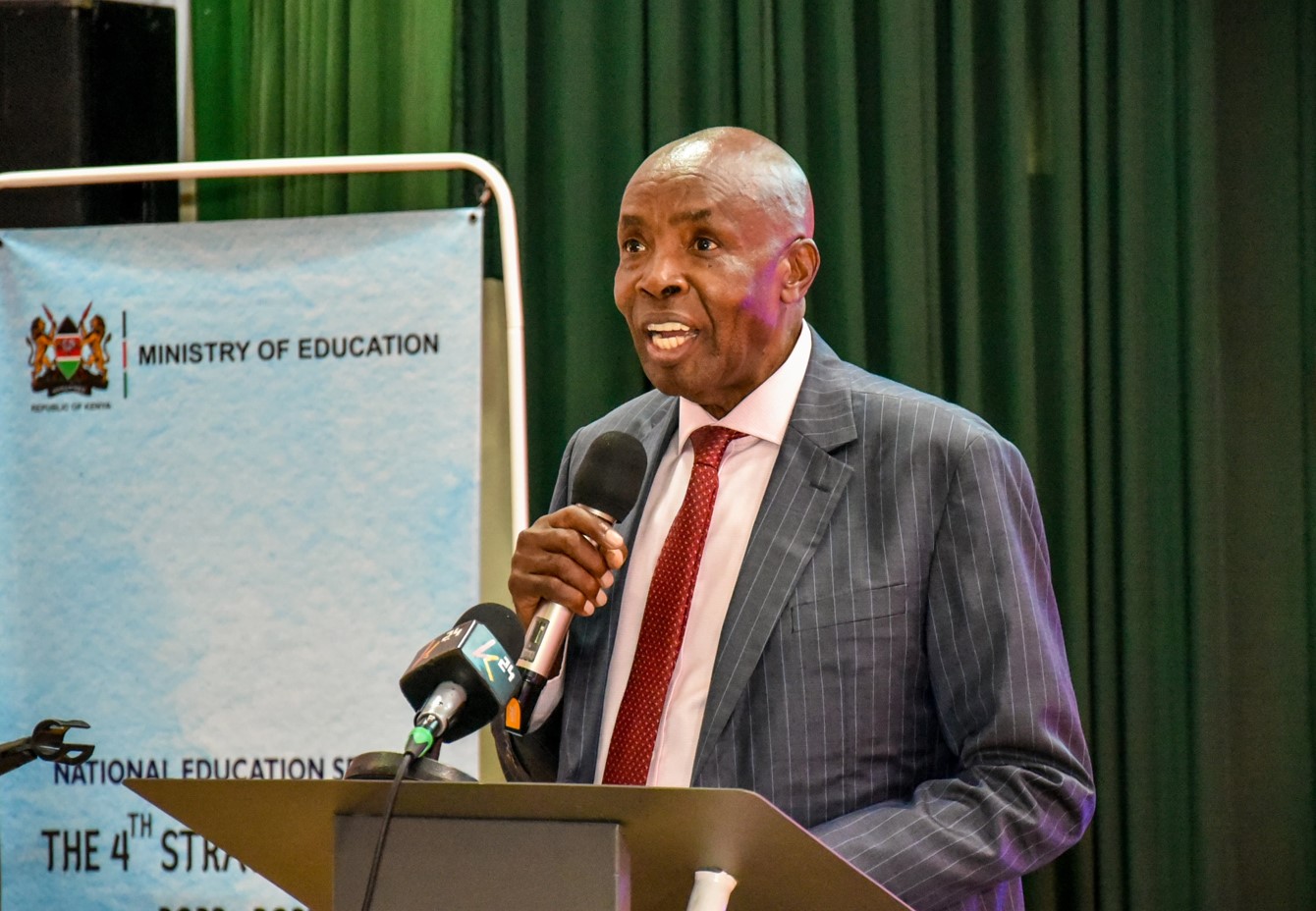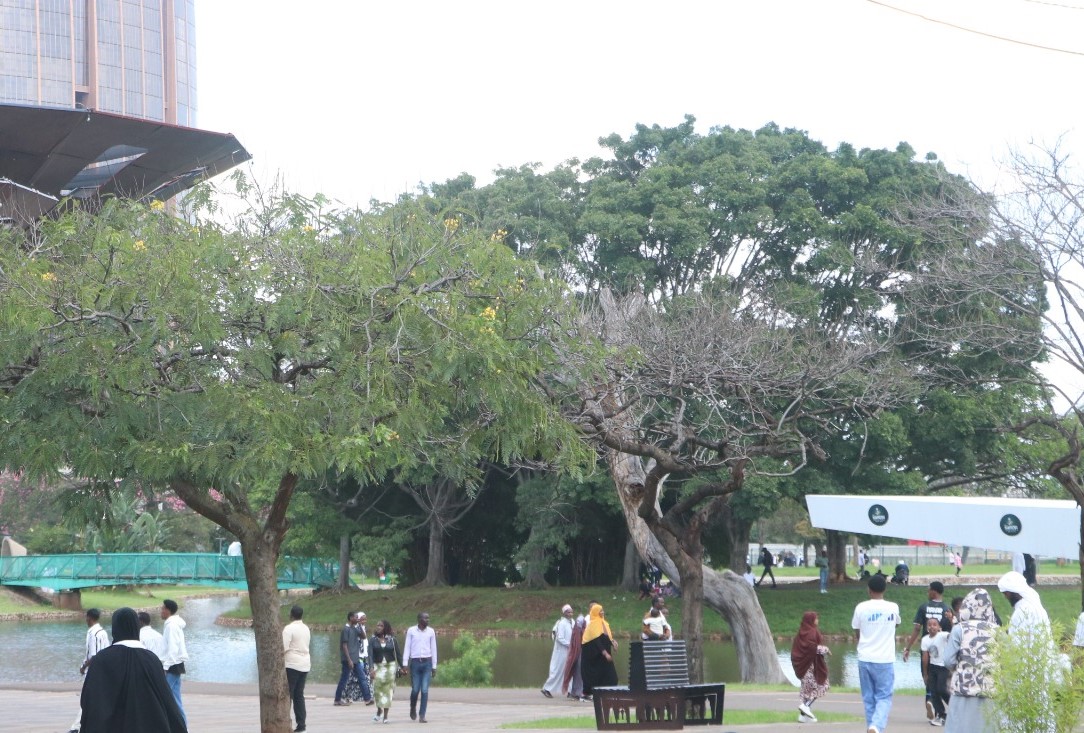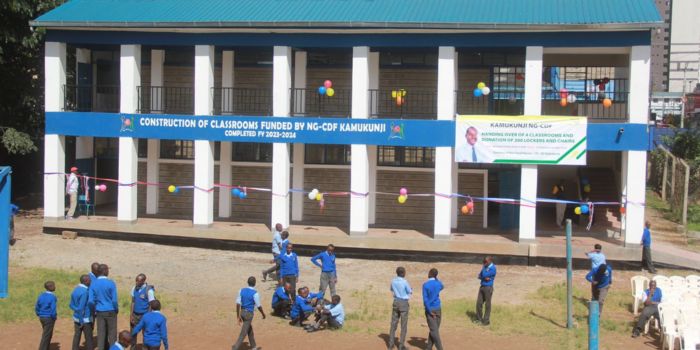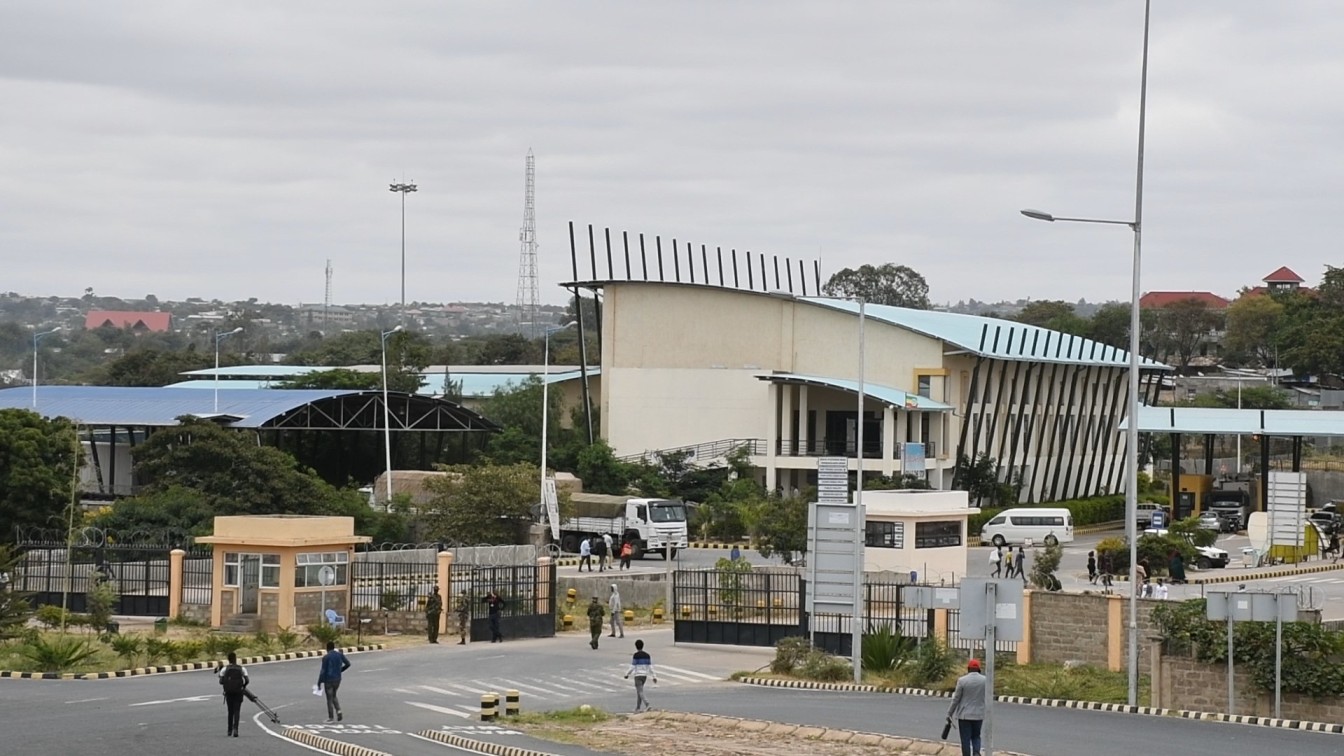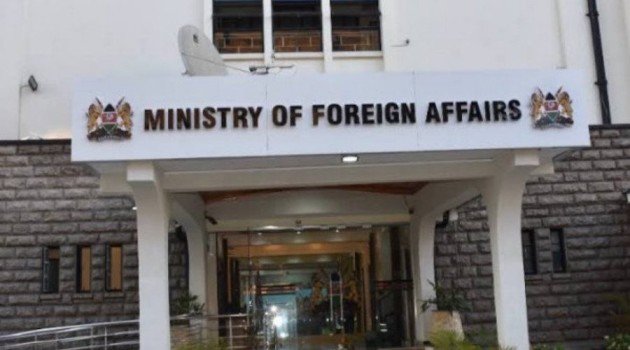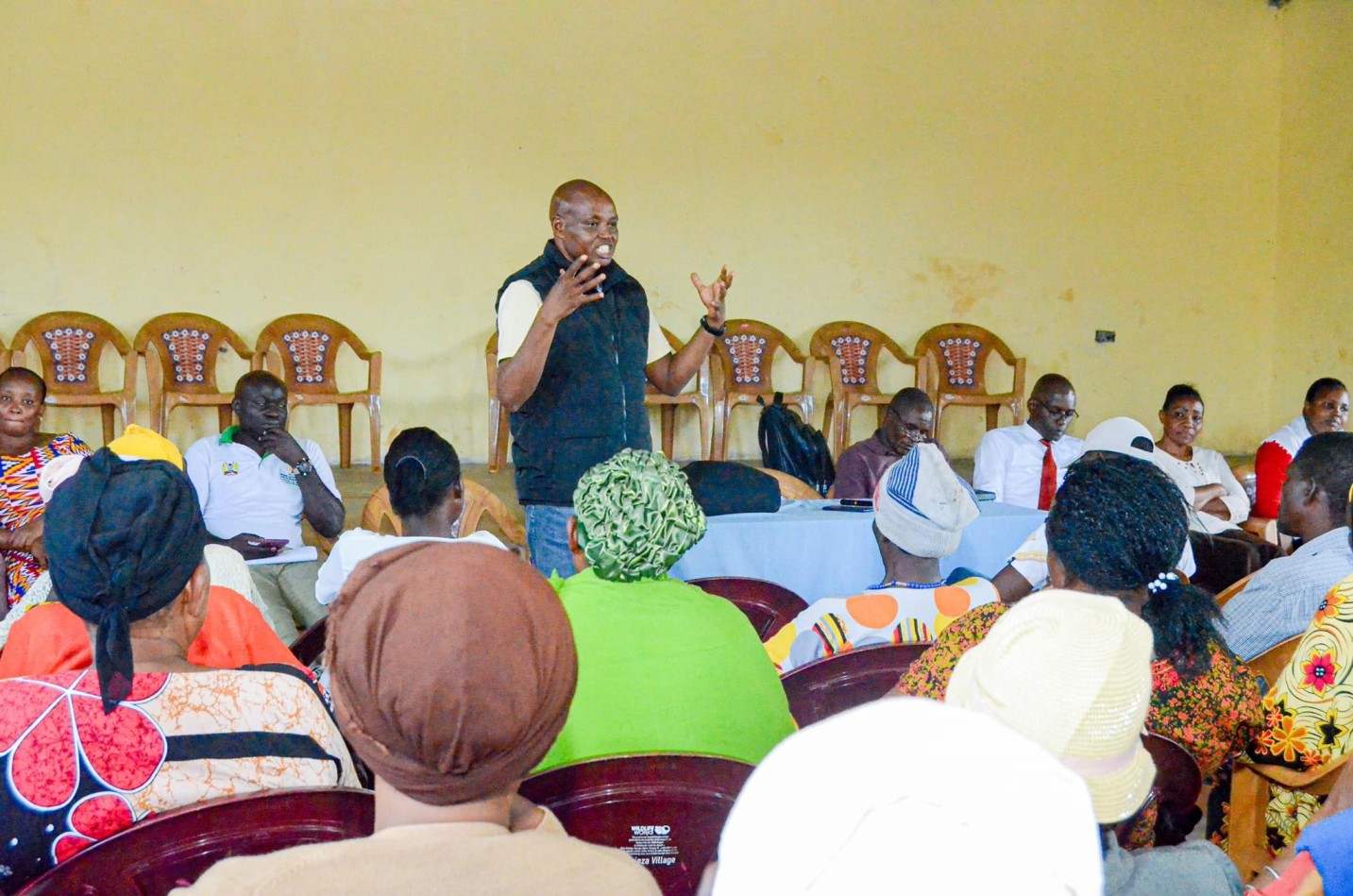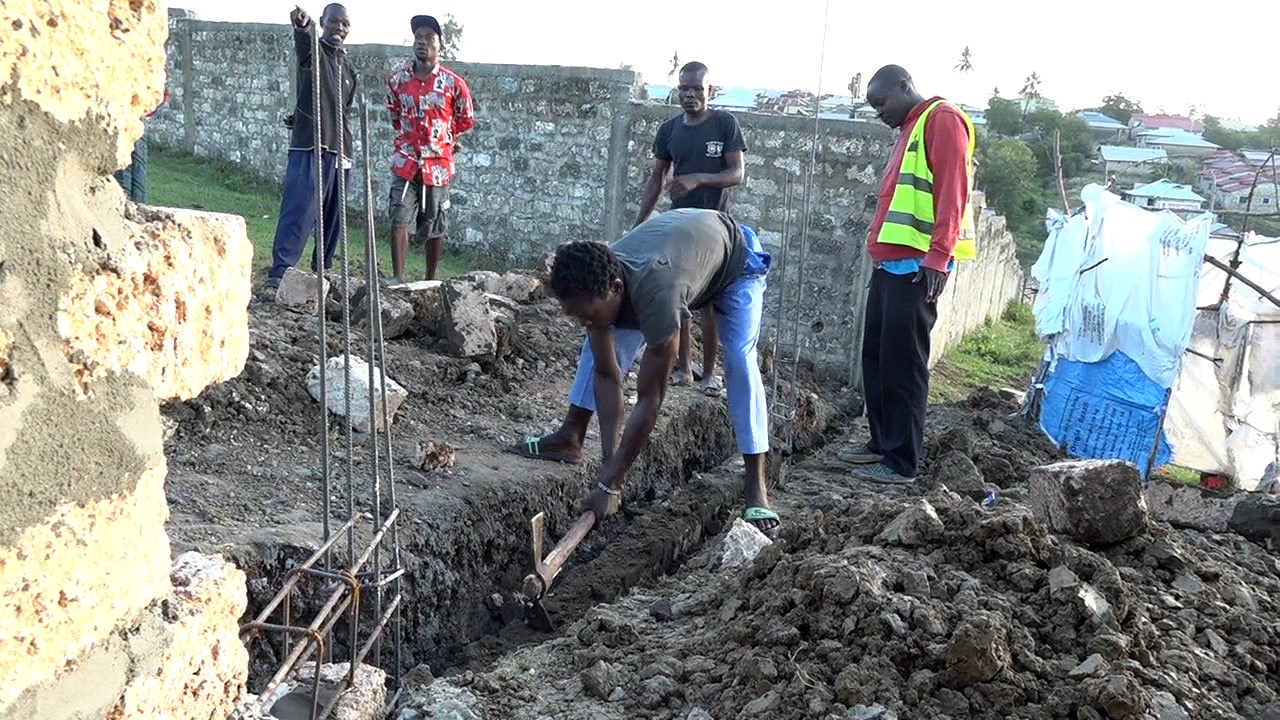World Bank report highlights widening gender gap in African workplace

By Rading Biko |
However, the report places Togo as the only country that has enacted legislation that supports women.
A new report by the World Bank has revealed there is a wider gender gap for women in the workplace in the Africa region.
The report dubbed 'The Latest Women, Business, and the Law' offers a comprehensive picture of the obstacles that women face in entering the global workforce and contributing to greater prosperity—for themselves, their families, and their communities.
Keep reading
However, the report places Togo as the only country that has enacted legislation that supports women.
The country stands out among Sub-Saharan economies, enacting laws that give women roughly 77 per cent of the rights available to men—more than any other country in the continent.
Togo, so far, has established only 27 per cent of systems necessary for full implementation. This rate is average for Sub-Saharan economies.
"Women have the power to turbocharge the sputtering global economy," said Indermit Gill, Chief Economist of the World Bank Group and Senior Vice President for Development Economics.
"Yet, all over the world, discriminatory laws and practices prevent women from working or starting businesses on an equal footing with men. Closing this gap could raise global gross domestic product by more than 20% – essentially doubling the global growth rate over the next decade—but reforms have slowed to a crawl. WBL 2024 identifies what governments can do to accelerate progress toward gender equality in business and the law."
The gender gap is even wider in practice. For the first time, Women, Business and the Law assesses the gap between legal reforms and actual outcomes for women in 190 economies. The analysis reveals a shocking implementation gap.
Although laws on the books imply that women enjoy roughly two-thirds of the rights of men, countries on average have established less than 40 per cent of the systems needed for full implementation.
For instance, 98 economies have enacted legislation mandating equal pay for women for work of equal value. Yet only 35 economies—fewer than one out of every five—have adopted pay transparency measures or enforcement mechanisms to address the pay gap.
"Effective implementation of equal-opportunity laws depends on an adequate supporting framework, including strong enforcement mechanisms, a system for tracking gender-related pay disparities, and the availability of healthcare services for women who survive violence," the report states.
Last year, governments were assertive in advancing three legal equal-opportunity reforms—pay, parental rights, and workplace protections. Still, nearly all countries performed poorly in the two categories being tracked for the first time—access to childcare and women's safety.
The weakness is greatest in women's safety—where the global average score is just 36, meaning women enjoy barely a third of the needed legal protections against domestic violence, sexual harassment, child marriage and femicide.
Although 151 economies have laws in place prohibiting sexual harassment in the workplace, just 39 have laws prohibiting it in public spaces. This often prevents women from using public transportation to get to work.
Most countries also score poorly for childcare laws where women spend an average of 2.4 more hours a day on unpaid care work than men—much of it on the care of children.
Expanding access to childcare tends to increase women's participation in the labor force by about 1 percentage point initially—and the effect more than doubles within five years.
The Report details that only 78 economies—fewer than half—provide some financial or tax support for parents with young children. Only 62 economies—fewer than a third—have quality standards governing childcare services, without which women might think twice about going to work while they have children in their care.
In the area of entrepreneurship, for example, just one in every five economies mandates gender-sensitive criteria for public procurement processes, meaning women are largely cut out of a $10-trillion-a-year economic opportunity.
While in the area of pay, women earn just 77 cents for every $1 paid to men. The rights gap extends to retirement. In 62 economies, the ages at which men and women can retire are not the same.
"It is more urgent than ever to accelerate efforts to reform laws and enact public policies that empower women to work and start and grow businesses," said Tea Trumbic, the report's lead author.
"Today, barely half of women participate in the global workforce, compared with nearly three out of every four men. This is not just unfair—it's wasteful. Increasing women's economic participation is the key to amplifying their voices and shaping decisions that affect them directly. Countries simply cannot afford to sideline half of their population."





